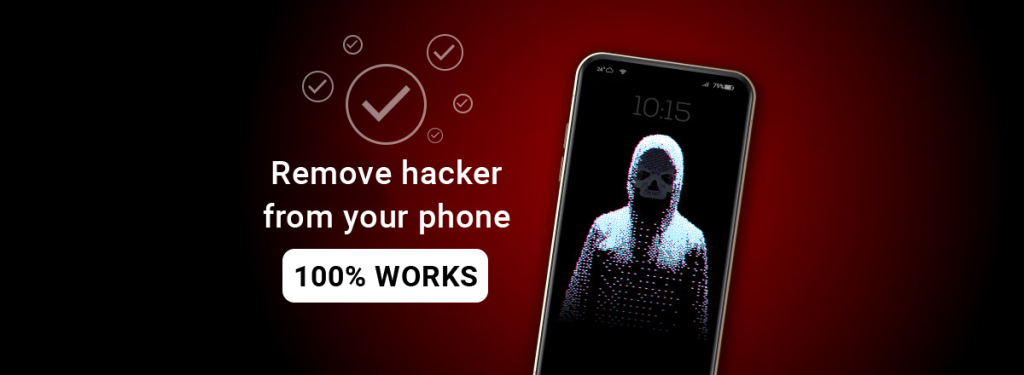In the era of constant communication, our smartphones have become an extension of ourselves. Whether it is personal messages or bank details, the phone protects a vast amount of sensitive information. Unfortunately, with the growing complexity of hackers, it is vital to make our digital fortifications stronger. Here’s a practical guide on how to protect your phone and make sure that those cyber attackers do not get in.
Fortify Your Castle with a Strong Password or PIN
The first line of protection for your cell phone is a good password. Therefore the first thing that you should do to protect your phone is to set a password or P.I.N. But it would be insufficient to choose “1234,” or your birthdate like many people. Instead prefer a mix of numbers, letters, and symbols to create a strong password. Ensure it is easily recallable, but not so complex that it would defy the best hackers’ efforts.
Embrace Biometric Security
Another barrier you can create in the way of hackers is biometric security. Add a security level by turning on biometric features including fingerprint recognition or facial scanning. Biometrics offers a convenient and secure way to open up your device so that only you can do that by placing your finger on the touch-screen or glancing at the phone.
Stay Updated
It is essential to keep your operating system and apps always updated. Developers are timely in releasing security updates to fix vulnerabilities. Ignoring these updates leaves your phone vulnerable to exploitation. So always make sure to have your device configured for automatic updates to always stay in front of the possible threats.
Mind Your App Permissions
Review the permissions granted to each app on your phone. Some apps may request access to sensitive information they don’t need in the first place. Be cautious and only grant permissions that are essential for the app’s functionality. Take a moment to regularly audit your apps and revoke unnecessary permissions to minimize potential risks.
Beware of Phishing Attempts
Please watch out for social engineering hackers who can use eloquently written text messages or emails to make the victim give out his or her details. Watch out for messages that appear unexpectedly, particularly from unknown senders who ask you to confirm or to give private info.
Secure Your Network Connections
Public Wi-Fi is a perfect environment for hackers to play in. One more important thing to do is not to access sensitive data including online banking or private emails on public networks.
Conclusion
You may lower your risk of being a hacker victim and safeguard your smartphone—a virtual fortress—by putting these doable actions into practice. Additionally, keep yourself informed, alert, and one step ahead of those cybercriminals.


















